A first-home buyer in Victoria has revealed their horror story of potentially losing their deposit over a bit of fine print.
A Victorian first-home buyer has revealed they might lose their $43,000 deposit after trying to use a recently extended state government support program.
And it’s not yet clear if the soon-to-be implemented federal program that mirrors it will contain the same trap.
Earlier this month state Treasurer Jaclyn Symes announced access to the Victorian Homebuyer Fund would be extended beyond its June 30, 2025, deadline — until an $800m funding top up provided in the 2024 budget is exhausted.
RELATED: Victorian budget panned as a ‘kick in the guts’ to first-home buyers
Melbourne first-home buyers share tips on how they’re getting ahead
Call to give Boomers $1m housing tax cut
But a Reddit user over the weekend has revealed missing a fine print clause while trying to use the scheme could be set to cost them their home deposit.
The VHF specifically prohibits purchases for homes that have a stratum title.
This refers to a home where common areas are owned by a company, and buyers receive shares in that company.
It is different from strata homes, which are typically accepted by the VHF, in which you share ownership of the land underpinning common areas.
The Reddit user’s post revealed they were now seeking ways to try and avoid forefitting their deposit, after committing to a purchase contract, but were becoming worried this might not be possible.
A Reddit user reveals how the word ‘stratum’ and a government support scheme might cost them their home deposit.
The government was unable to confirm exact numbers of buyers who have had applications rejected by the scheme, but said it was rare as the bank lenders that back it typically spotted issues ahead of a contract being signed or a formal application being made.
Prominent buyer’s advocate Cate Bakos said even most banks would not lend more than 60 per cent of the cost of a stratum titled property — meaning first-home buyers rarely purchased them.
“And the VHF are very fussy and particular; if there are any quirks, you need to make sure they are comfortable before buying,” Ms Bakos said.
While noting the government co-buying scheme would suit some buyers, she said issues with stratum purchases was just one of a number of reasons it was better for homebuyers to seek alternative support programs.
“You are in bed with the government, and if that can be avoided and you can buy something under tour own steam, that would be my preference for people,” Ms Bakos said.
Her advice for first-home buyers considering it was to look at alternatives, such as the First Home Guarantee – which could help you buy a home with a more modest 5 per cent deposit.
Buyer’s agent Cate Bakos said most homebuyers should look to avoid co-purchasing a home with the government.
Ms Bakos said the Victorian government should be reconsidering its current stamp duty concession thresholds, noting that it was now lower than that offered in Tasmania, where first-home buyers pay no stamp duty for homes worth up to $750,000.
“We need to redefine our caps on stamp duty concessions, we have not kept up with the pace of growth,” she said.
“It is fantastic for first-home buyers, but not if it’s out of date. Finding something suitable for under $600,000 is getting very challenging.”
In this year’s budget the state government did announce a $61m top up to the stamp duty concession program in order to continue funding it, but did not extend the caps on purchase prices — which remain the same as in 2017.
While there are potential pitfalls to co-buying schemes with the government, Victorians might be among a limited few nationwide to potentially have their choice of purchasing alongside the state or federal government.
Some first-home buyers have better experiences with the VHF, such as Matthew Calleja (pictured with his dog Boof) who bought his first home with its help. Picture: Aaron Francis.
The VHF had been slated to end on June 30, 2025, but with an extension the government expects to help another 2600 more Victorians — over the next few months.
Treasurer Jaclyn Symes said the extension was a “massive win for young families and young Victorians”.
“Extending the fund will make a real difference and help more Victorians get into a home sooner,” Ms Symes said.
However, a similar federal scheme called Help To Buy is slated to commence in the second half of this year.
Depending when that happens it is possible Victorians might be able to choose between the two programs for a short time.
While they both offer a shared-equity arrangement with the government, there are significant differences.
The Victorian scheme is available for those with an at least 5 per cent deposit and could have up to 25 per cent of the home paid for buy the government.
Treasurer Jaclyn Symes speaks at the Melbourne Press Club Budget Lunch.
The figures are a 3.5 per cent deposit for an up to 35 per cent buy-in from the government for those of Aboriginal and Torres Strait Island descent.
Purchase prices are capped at $950,000 in Melbourne and Geelong, or $700,000 around the rest of the state — an increase from when the program was first implemented.
It is not limited to first-home buyers and has supported a number of those who sold homes during divorces and were unable to repurchase a residence, but buyers cannot earn more than $140,230 a year income as singles, or $224,370 as a couple or single parent.
There are also limits on the types of homes barred, such as those subject to stratum titles (not strata, a common title for apartments, units and townhouses).
Since its launch, the typical purchase price has been $615,000, and it has assisted 15,400 Victorians to purchase a home — more than two thirds of them first-home buyers.
The federal scheme is still listed to commence in the second half of 2025 and will offer an even more generous support, covering up to 40 per cent of the purchase price for a new build and 30 per cent for an established home.
Victorian first-home buyers will need to do their due dilligence, but might have a short window to have either the federal or the state government help them buy.
In the lead up to the May election had its price caps raised to $950,000 in metropolitan areas and $650,000 in regional ones.
It is likely to be more competitive than the Victorian scheme has been, offering 40,000 places over four years nationwide. In order to get the same number of places as they have typically used a year since the VHF commenced, Victorians would need to claim about 40 per cent of the annual 10,000 total.
Income caps are also lower than the Victorian scheme, topping out at $100,000 for singles and $200,000 for couples and single parents.
However, the federal scheme only requires a 2 per cent deposit.
It specifically prohibits applications for those using other shared equity schemes, but it is not yet known if it will bar the purchase of fine print terms such as stratum.
Has fine print hurt your home buying dreams? Get in touch at nathan.mawby@news.com.au
Sign up to the Herald Sun Weekly Real Estate Update. Click here to get the latest Victorian property market news delivered direct to your inbox.
MORE: Bonnie Doon listing proves Darryl Kerrigan was a real estate genius
Melbourne historic church could fetch $5.5m
$59,000 for Vic hoarder house, one of the state’s cheapest homes





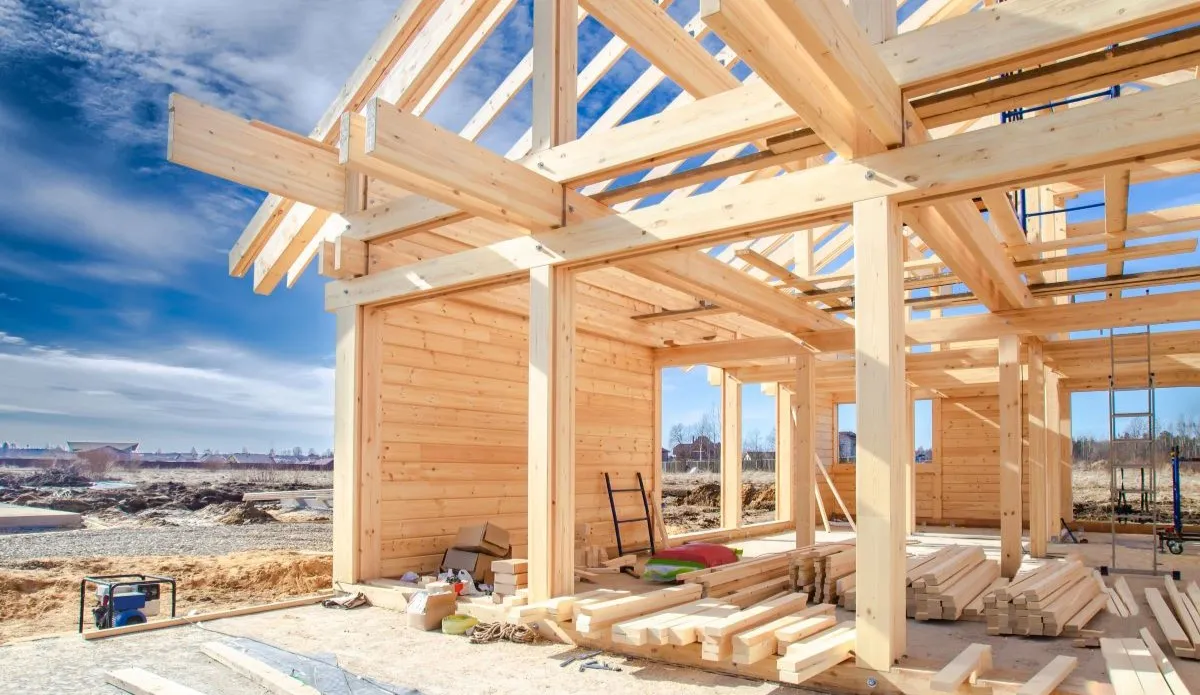



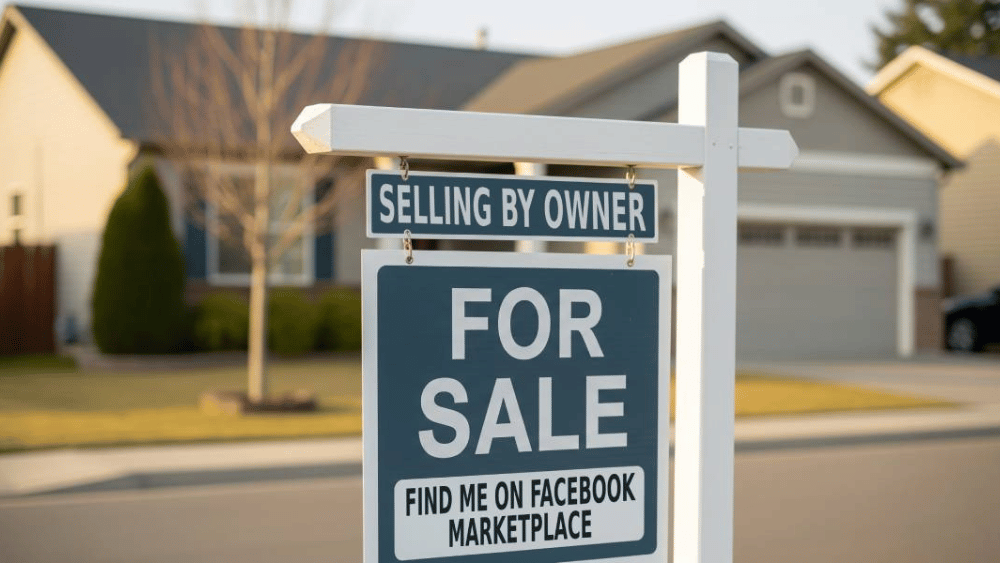
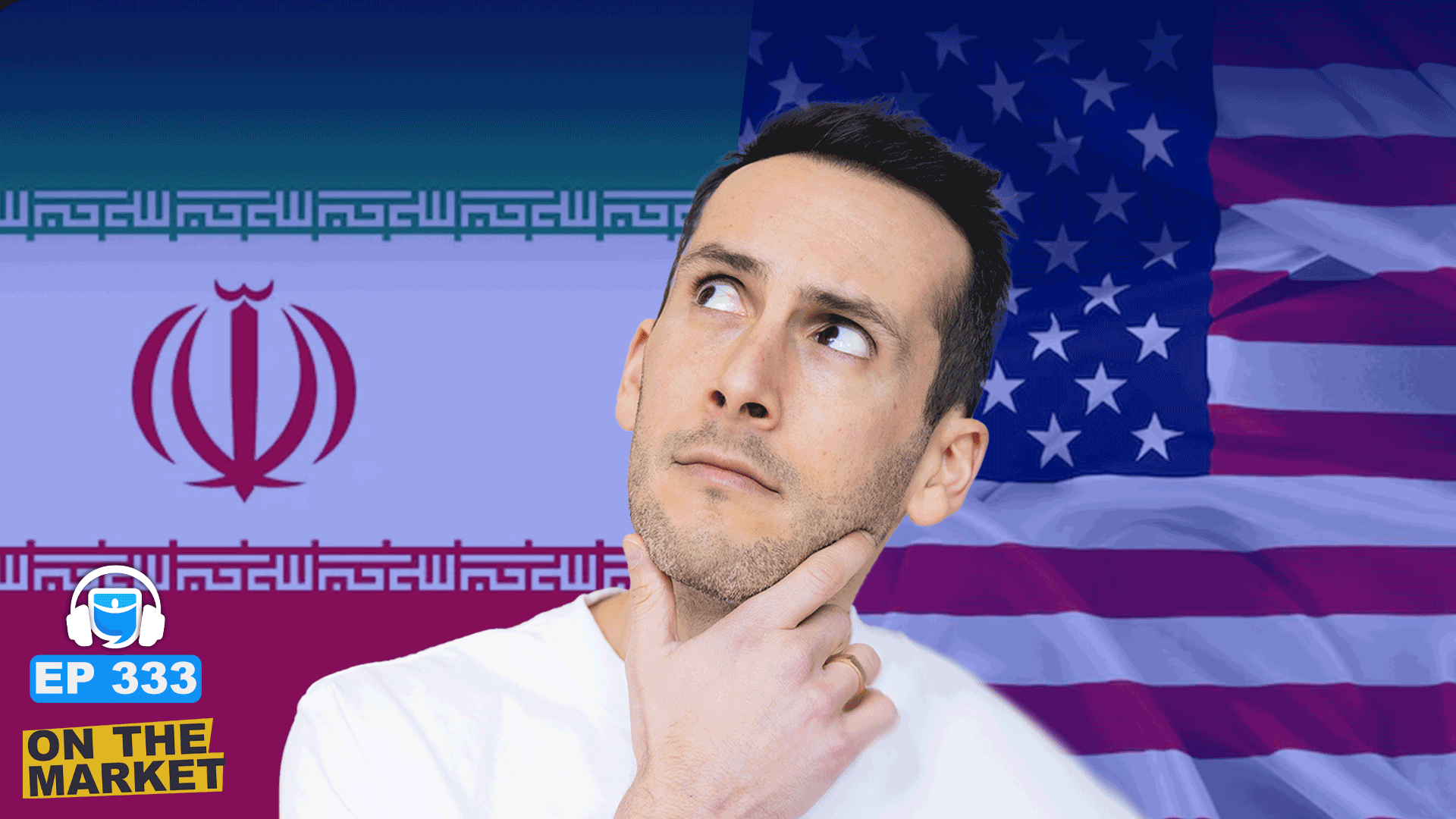



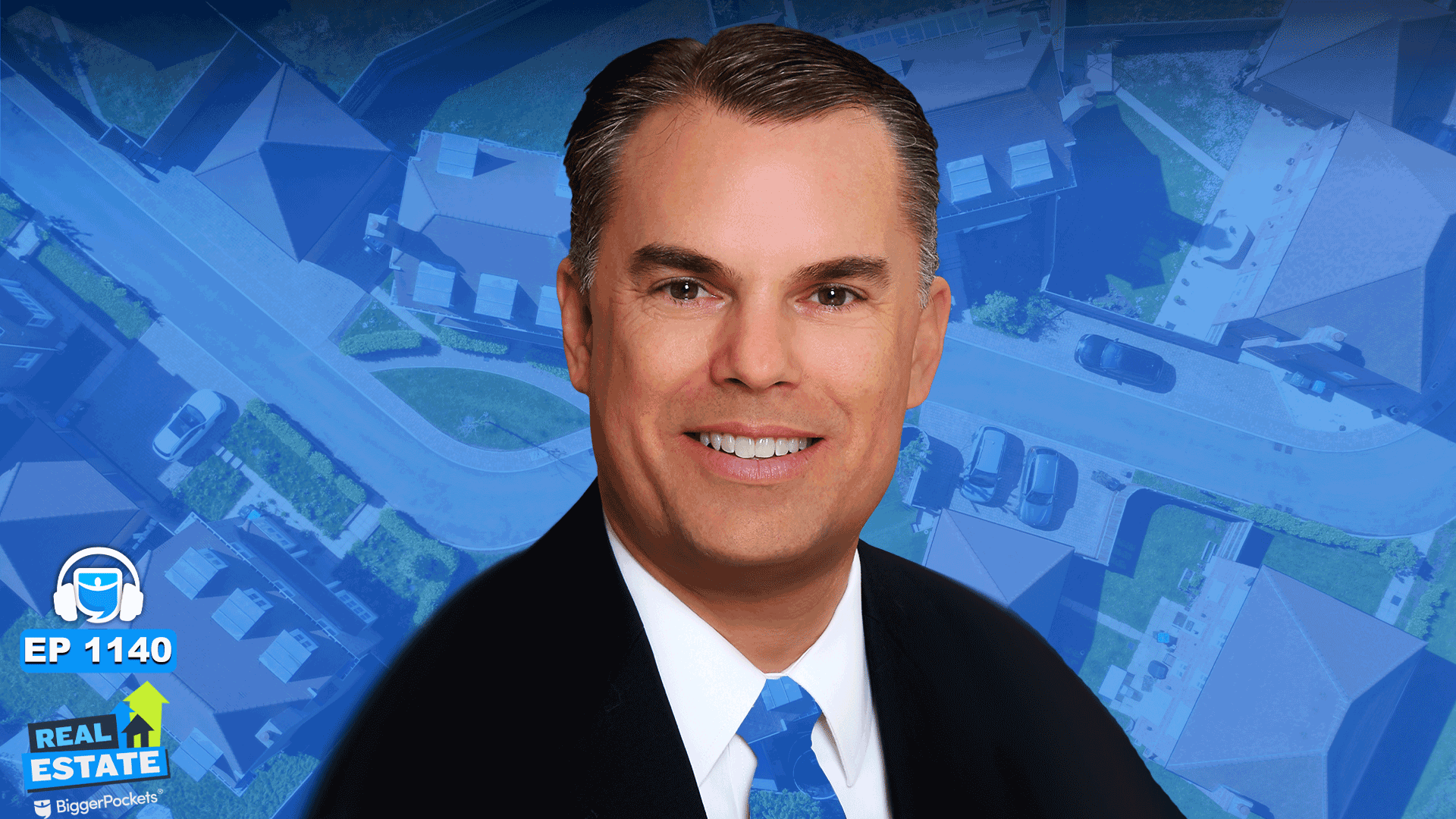

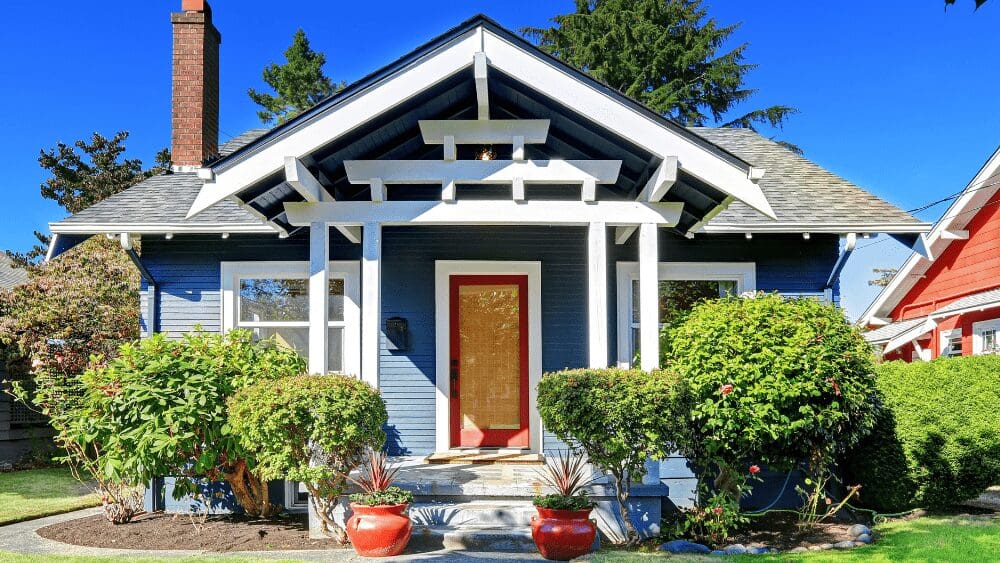
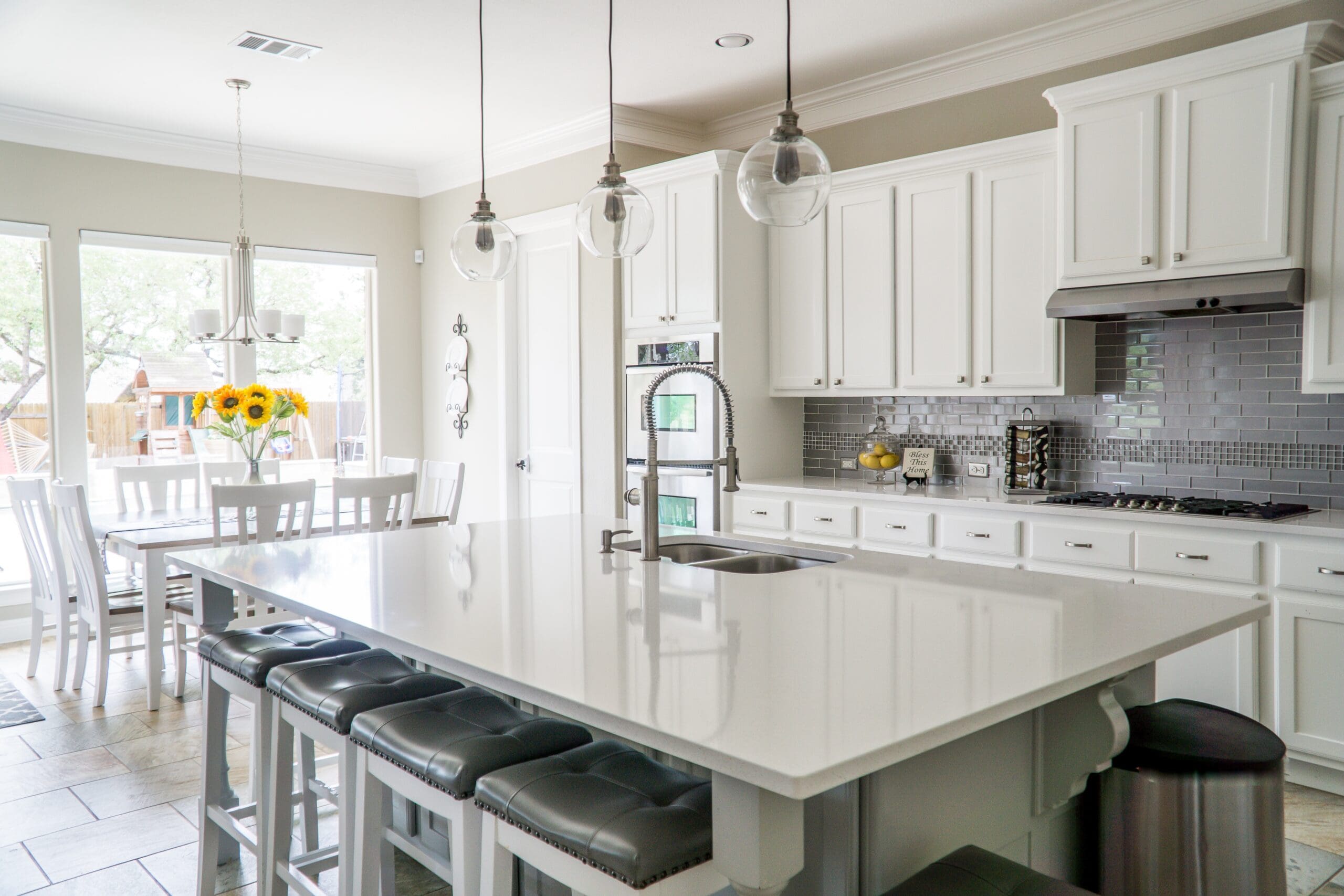

 English (US) ·
English (US) ·